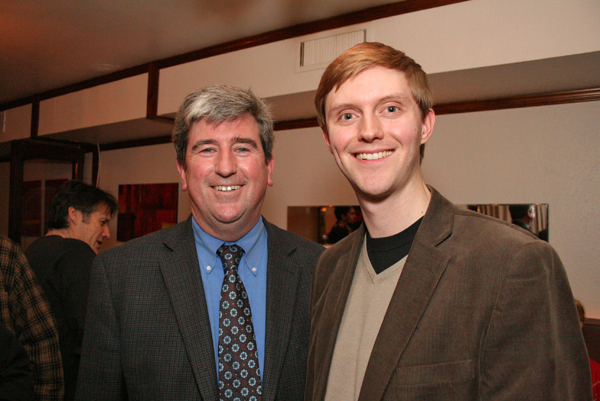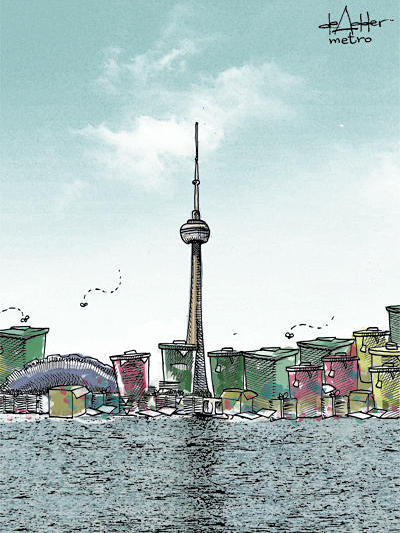Tindal receives early support from prominent members of major parties
FOR IMMEDIATE RELEASE
TORONTO – Chris Tindal, a former candidate for federal parliament, today registered to run for city councillor in Toronto’s Ward 27.
Tindal highlighted city finances, transit, and smart development as three areas in need of special focus. In a letter posted to christindal.ca, Tindal said he would “focus on expanding the tax base, not the tax burden,” called on the transit debate “to move from making excuses to finding solutions,” and said he would be “mindful not only of our ward’s current needs, but also the kind of city we’ll be proud to have created further down the road.”
A former Green Party of Canada candidate who has have lived in Ward 27 for more than a decade, Tindal is endorsed by respected individuals from across the political spectrum, including Chrétien-appointed Senator Lois Wilson, former local Progressive Conservative MP David MadDonald, and past Toronto NDP candidate Liam McHugh-Russell, who called Tindal “open-minded, passionate, articulate and thoughtful” and said he “represents the future we need for our city.”
MacDonald added, “Chris Tindal represents the best of what our neighbourhood is all about. He is committed to a community which is diverse, healthy and prepared to meet the challenges of living in an urban environment. We will all benefit from having him represent us on the new City Council.”
“I intend, especially in these early months of the campaign, to do more listening than talking,” Tindal said. “We, as a campaign, will fully engage with residents to listen to their priorities and concerns.”
“As Torontonians we interact with municipal government services more than those of any other government,” he said. “And yet, we tend to pay very little attention to municipal politics, and I doubt there are even many city councillors who would argue we have the kind of governance we can be proud of, the kind of vision we should aspire to, the kind of representation we deserve.”
In a March 2008 by-election in Toronto Centre, the federal riding that includes Toronto’s Ward 27, Tindal achieved what media reports referred to as a “virtual tie” for second. Journalist Susan Delacourt wrote that Tindal’s “significant” result helped to “[seal his party’s] standing as a political force to watch” and moved it closer to becoming a “major player.”
Tindal’s campaign began this morning with a series of messages posted to his website, christindal.ca, and an invitation to residents to become active participants in defining the next city council.
Chris Tindal has served as a Vice President of the Ontario Recreational Canoeing association and as a board member for a boys and girls residential summer camp north of Toronto. Having produced some of Canada’s largest web properties including family.ca (for Astral Television Networks) and ytv.com (Corus Entertainment), Tindal now does strategy and business development for a national newspaper chain’s interactive properties.
For more information
Matthew Ross
matthew.a.ross@gmail.com
416.627.8928
www.christindal.ca
–30–

 One of the most publicized sticking points in the ongoing Toronto civic strike is the union leadership’s belief that their members have a “right” to bank unused sick days and cash them in when they retire. This has raised a notable amount of public ire (
One of the most publicized sticking points in the ongoing Toronto civic strike is the union leadership’s belief that their members have a “right” to bank unused sick days and cash them in when they retire. This has raised a notable amount of public ire (